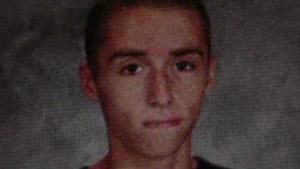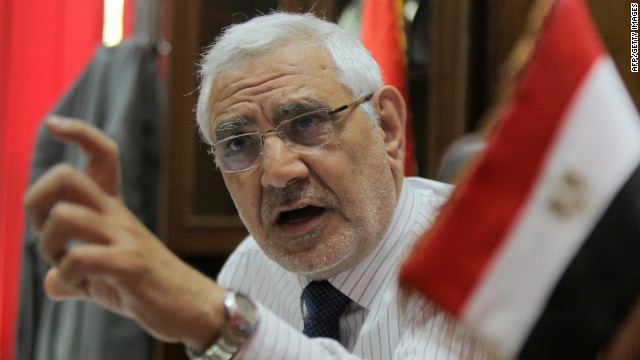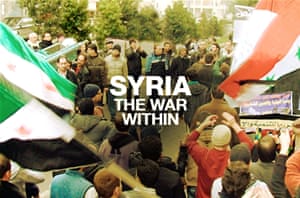February 29, 2012 -- Updated 0255 GMT (1055 HKT)
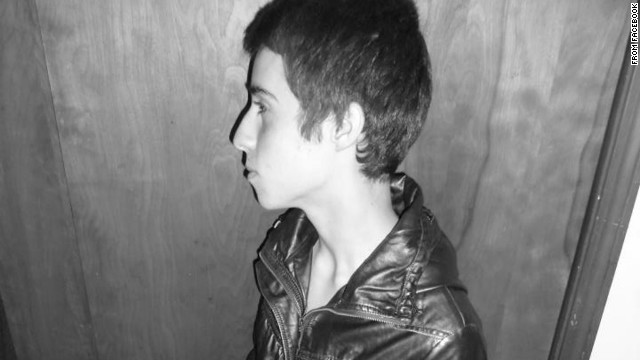
Students who witnessed Monday's school shooting told CNN that the suspect was student T.J. Lane.
STORY HIGHLIGHTS
- The motive behind the shooting remains unclear, police chief says
- A newspaper reports that Lane's father was arrested for violent crimes
- Witnesses say T.J. Lane shot 5 people, 3 fatally
- "He never would go into detail. He just said he had family trouble," a friend says
But they never would have thought that he'd be described as a killer -- until Monday, when students say they saw Lane walk up to a table in the cafeteria of Ohio's Chardon High School with a gun.
Police have not named the alleged gunman, a juvenile, but many witnesses have identified the attacker as Lane.
One victim died Monday. Two others were declared dead on Tuesday. One other remained hospitalized Tuesday. A fifth victim was released, officials said.
Lane made an initial juvenile court appearance Tuesday afternoon, during which he was ordered to remain in custody. Ohio Attorney General Mike DeWine said Tuesday that the suspect would likely be tried as an adult.
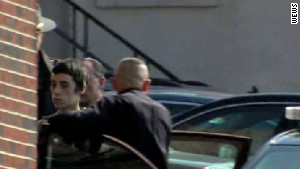 Psychologist looks at shooter's poem
Psychologist looks at shooter's poem 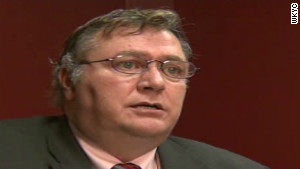 Attorney: Shooting suspect 'remorseful'
Attorney: Shooting suspect 'remorseful' 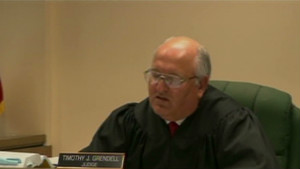 Shooting suspect to remain in detention
Shooting suspect to remain in detention 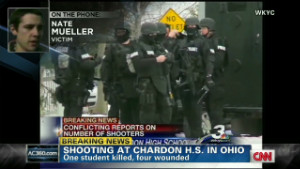 Ohio student: 'We were at a loss'
Ohio student: 'We were at a loss' 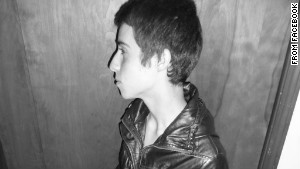 Shooting suspect went to other school
Shooting suspect went to other school 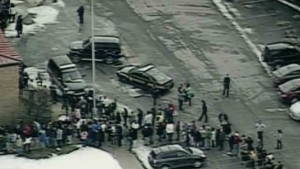 Friend: Alleged gunman had sad look
Friend: Alleged gunman had sad look He said Lane has admitted taking a .22-caliber gun and a knife into Chardon High School on Monday morning and firing 10 rounds, choosing his victims randomly.
All Chardon schools closed Tuesday; counselors on hand
Teresa Hunt said her niece rode the school bus each day with Lane, and he displayed no warning signs of the violence allegedly to come.
"He was a really nice kid to her," Hunt said. "He wouldn't start up a conversation, but if she talked to him, he would hold the conversation with her.
She said her niece noted no personality changes in Lane in the weeks leading up to Monday's shooting.
Haley Kovacik, a friend who talked with Lane a few times a week, said the violence left her and others who knew him in "complete shock."
"He seemed like a very normal, just teenage boy," Kovacik said of Lane. "He did have a sad look in his eyes a lot of the time, but he talked normally, he never said anything strange."
Yet for all their talks, Kovacik noted there was a lot she didn't know about Lane.
Lane lived with his grandparents and was slow to open up about his personal life, according to friends. While he was known by many around Chardon High School, located 30 miles east of Cleveland, at the time of the shooting he was there to be transported to Lake Academy Alternative School in nearby Willoughby.
The school describes itself as a place for "at risk" students who are "reluctant learners" struggling with problems such as "substance abuse /chemical dependency, anger issues, mental health issues, truancy, delinquency, difficulties with attention/organization, and academic deficiencies."
Lane may have been dealing with his own family problems, according to reports by The Plain Dealer newspaper in Cleveland.
Lane's father, Thomas Lane Jr., has been arrested several times for violent crimes against female acquaintances, including Lane's mother, the newspaper reported citing court documents. Between 1995 and 1997, the first two years of Lane's life, his father and his mother were both arrested for domestic violence against each other, the paper reported.
His father also served prison time for assaulting a police officer and he also was charged with holding a different woman under running water and bashing her head into a wall, the newspaper reported.
It was unclear how much contact Lane had with his father. He rarely opened up about his family, some said.
"I've asked him once or twice, but he never would go into detail. He just said he had family trouble," Kovacik said
Evan Erasmus, who said his family knew Lane's family, was among several students who said what happened Monday took them totally by surprise.
"I was really shocked when I found out it was him," Erasmus said. "He was quiet, but was one of the nicest kids there. You could talk to him really easily. He was funny."
According to Kovacik, Lane told her that "he enjoyed hunting, he enjoyed video games, just normal things."
"Everybody was in disbelief. Nobody could believe that T.J. (shot the students)," Kovacik said.
Recent posts on Lane's Facebook page show him sharing links to music videos from groups like Grimes and Blood on the Dance Floor, listing his sister in his profile and uploading photos of himself.
Yet one long, poetic rant, from December 30, appears to be darker.
The post refers to "a quaint lonely town, (where there) sits a man with a frown (who) longed for only one thing, the world to bow at his feet."
"He was better than the rest, all those ones he detests, within their castles, so vain," he wrote.
Lane then writes about going through "the castle ... like an ominous breeze through the trees," past guards -- all leading up to the post's dramatic conclusion.
"Feel death, not just mocking you. Not just stalking you but inside of you," he writes. "Wriggle and writhe. Feel smaller beneath my might. Seizure in the Pestilence that is my scythe. Die, all of you."
After getting three positive reviews, Lane wrote: "much obliged to all who 'liked' this. Wrote it myself in class one day ..."
CNN's Martin Savidge and Lisa Sylvester contributed to this report.

